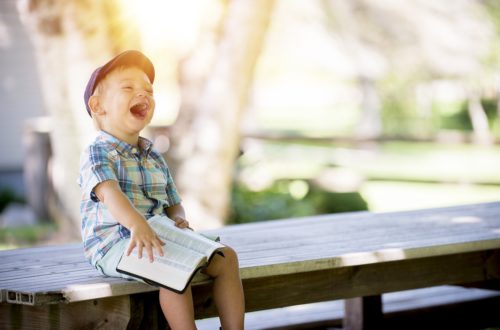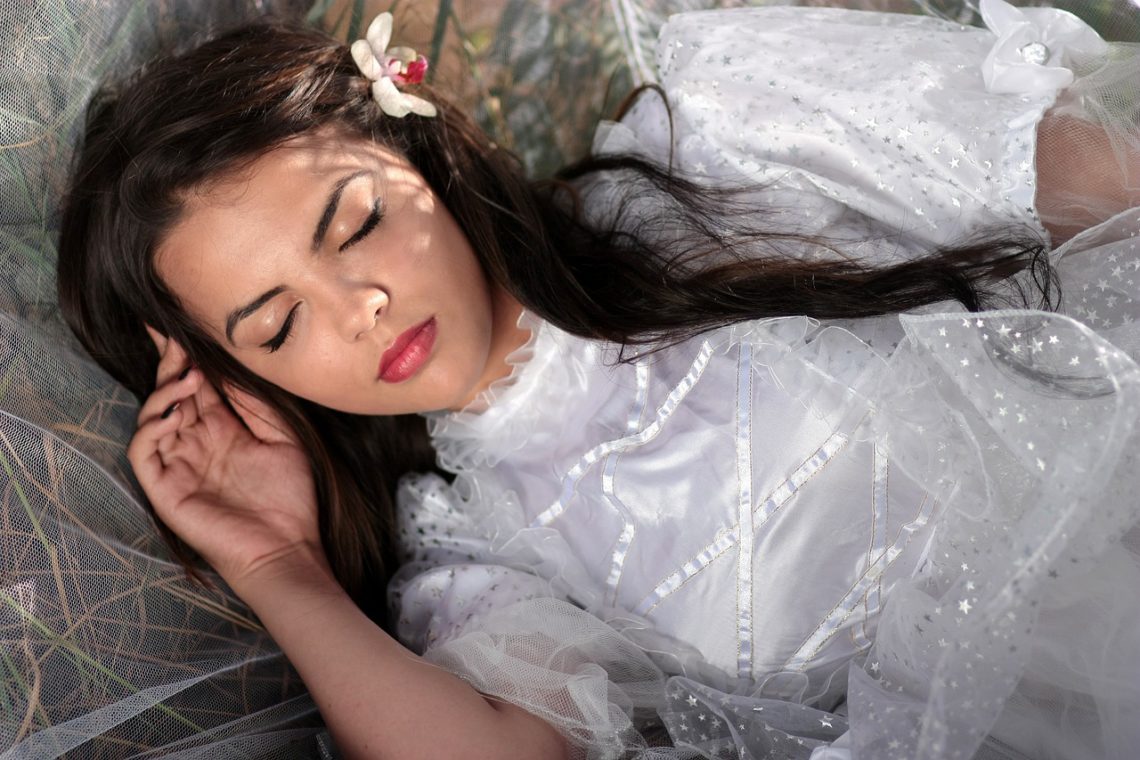
9 Ways to Get A Better Night’s Sleep
Elusive Sleep
Will I ever get a better night’s sleep? I toss and turn and count my 1000th sheep for the night – an issue I struggle with each night. I’m tired of feeling tired and waking up with only 2-4 hours of sleep a night, with little energy to work my day. As soon as my head hits the pillow, my mind decides it’s time to party. At midnight, the party’s just getting started. I revisit an event 16 years ago in vivid detail, or replay a song over and over again I heard earlier. Also, it enjoys playing every iteration of a conversation I want to have with a friend, or replays a scene I watched between Lord Melbourne and Queen Victoria (Forget history. Why can’t they be together?). It even wants to run down tomorrow’s agenda. Therefore when the morning comes, I’m dragging from the hangover of its antics.
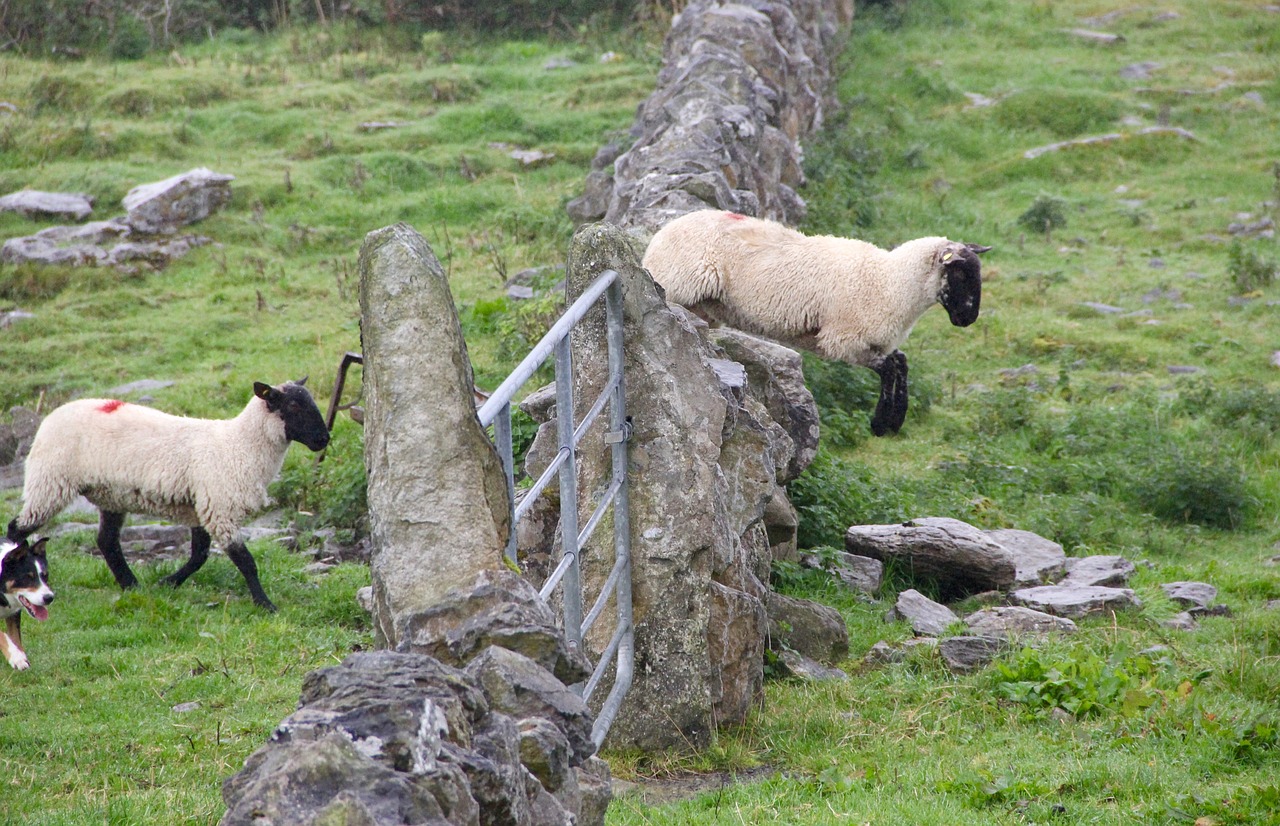
Suggested Sleep Minimum and Maximum Ranges
When I learned that one-third of our lives were spent sleeping, my first thought was what a waste. I would be happy if I didn’t require sleep. Maybe, I would get more done that way. The National Sleep Foundation says that “sleep varies across ages and are especially impacted by lifestyle and health”. Individual needs vary, and they are reporting minimum and maximum ranges for health. Newborns: 14-17 hours each day; Infants: 12-15 hours; Toddlers: 11-14 hours; Preschoolers: 10-13 hours; School age children: 9-11 hours; Teenagers: 8-10 hours; Younger Adults: 7-9 hours; Adults: 7-9 hours; and Older adults, 65+: 7-8 hours. Above all, sleep loss can put you at risk for many illnesses, including heart disease, diabetes, obesity, and depression. Even more, sleep loss can cause memory problems, depression, a weakened immune system, and an increased perception of pain.
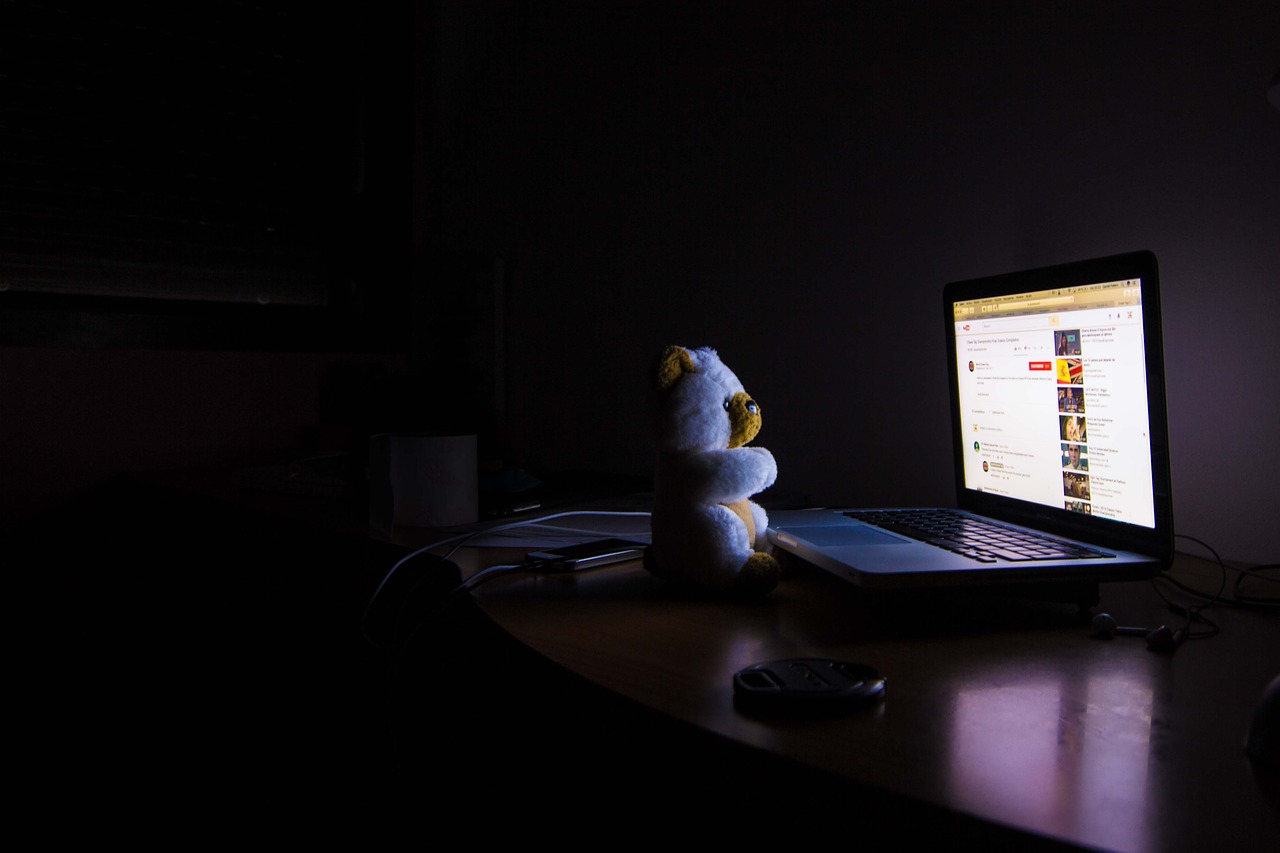
Sleep Deprivation
Certainly, loss of sleep is very serious in this country. It’s responsible for thousands of accidents and deaths each year. Consequently, it’s also to blame for increased errors in the workplace. Even more, serious global accidents have occurred due to human error related to sleep deprivation. The Challenger space shuttle disaster and the nuclear accident at Chernobyl are sadly two examples of incidents that occurred due to the consequences of sleeplessness. The Guinness World Records reports that the longest period without sleep, 18 days, 21 hours, and 40 minutes, was recorded in 1977 by Maureen Weston, a woman in England, in a rocking chair marathon. As a result, she developed hallucinations towards the final hours. Randy Gardner holds the official record at 11 days without sleep. Most noteworthy is that the Guinness World Records will no longer accept entries in this category, due to the seriousness of sleep deprivation.
To Nap or Not to Nap
One thought is that napping during the day can prevent you from falling asleep at night. This is not the case. However according to the National Sleep Foundation, there is a good time and a bad time to nap. Taking a nap right before dinner is not a good idea because it will likely keep you up at bedtime. However, a short 20-minute nap, between 2:00 and 3:00 pm, is ideal because that’s when the body’s circadian rhythm takes a dip. Therefore, it’s suggested that naps should be short – only around 20 minutes.
9 Ways to Get A Better Night’s Sleep
What can we do to acquire and maintain good sleep hygiene?
- Fix a bedtime hour and an awaking hour and stick to it, even on the weekends.
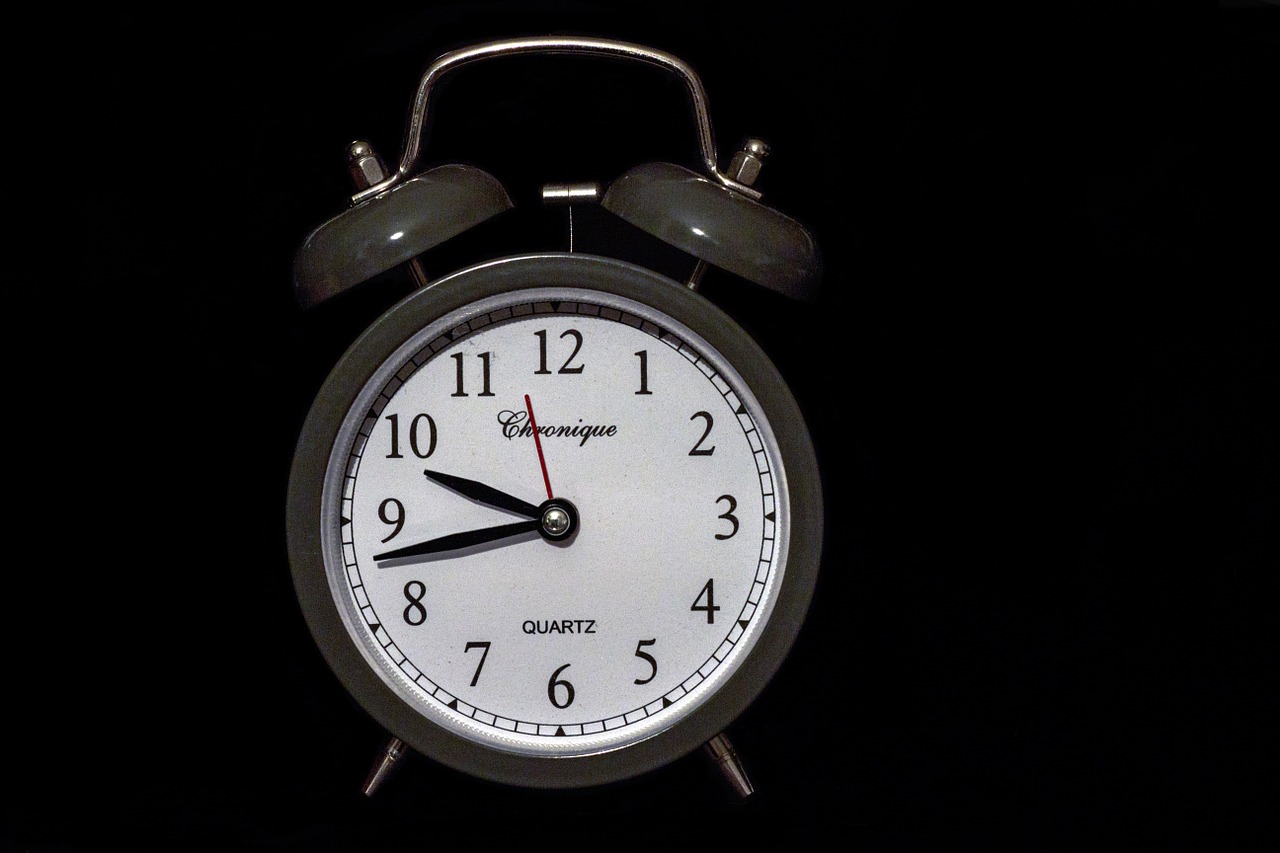
- If you want to take a short nap, the ideal time is between 2:00 and 3:00 pm.
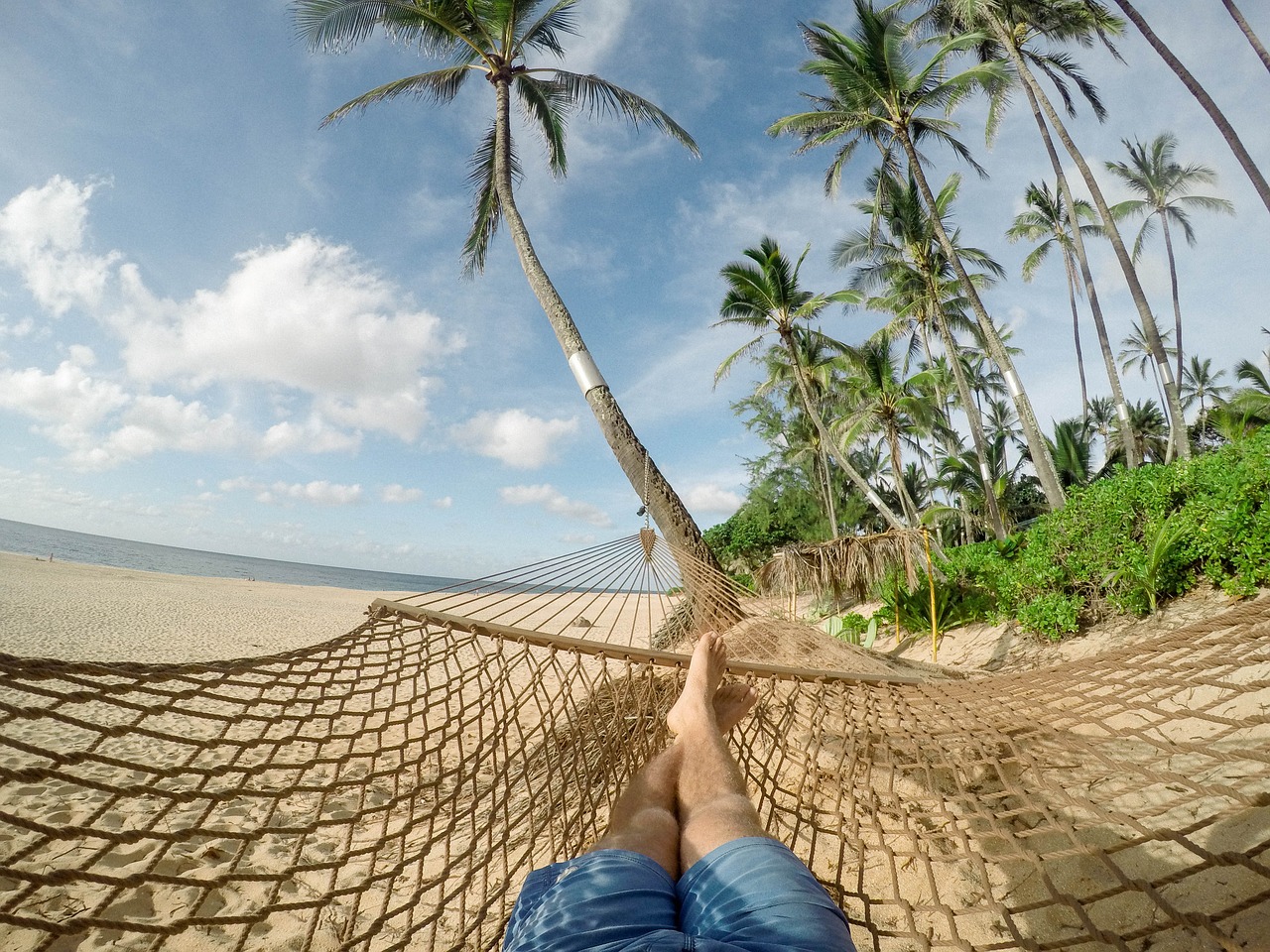
- Above all, avoid alcohol and caffeine within six hours of bedtime.
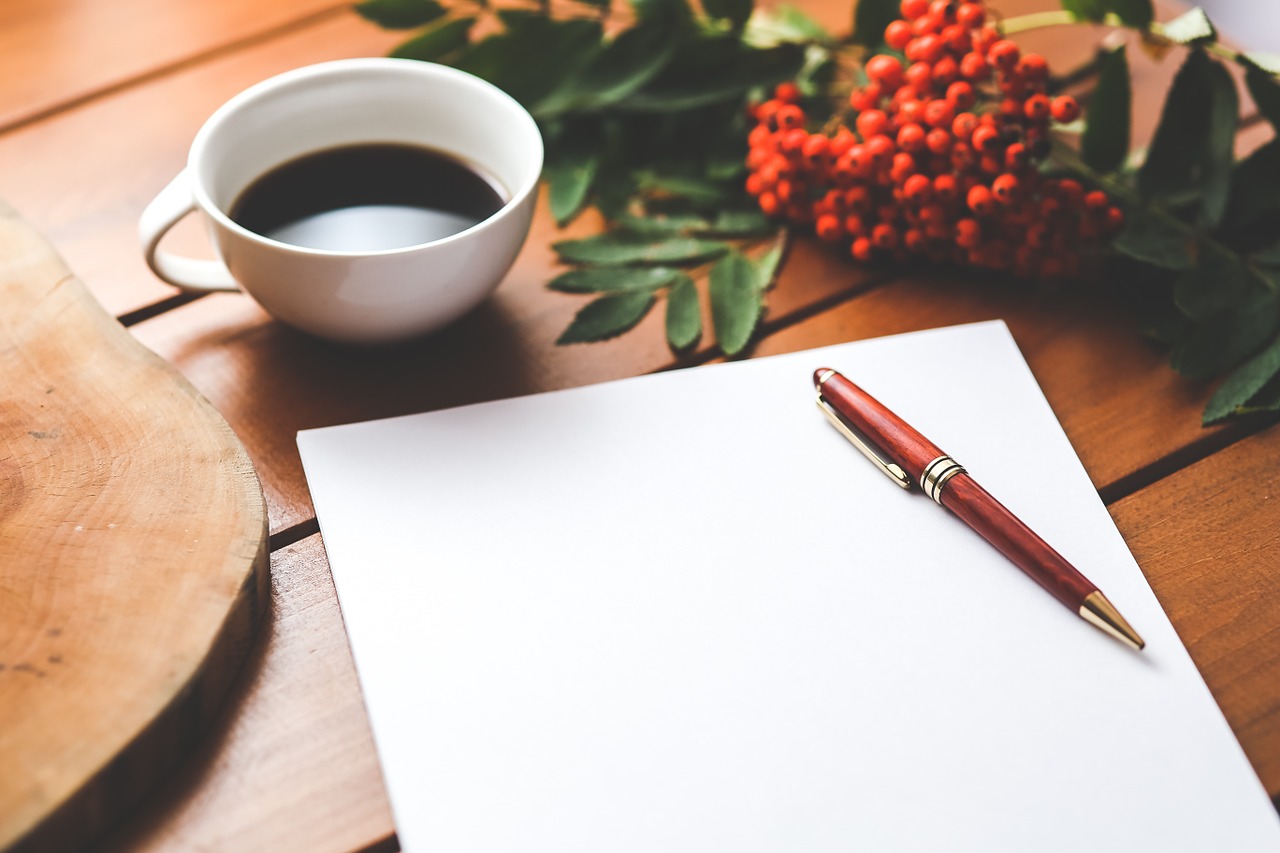
- Exercise regularly.
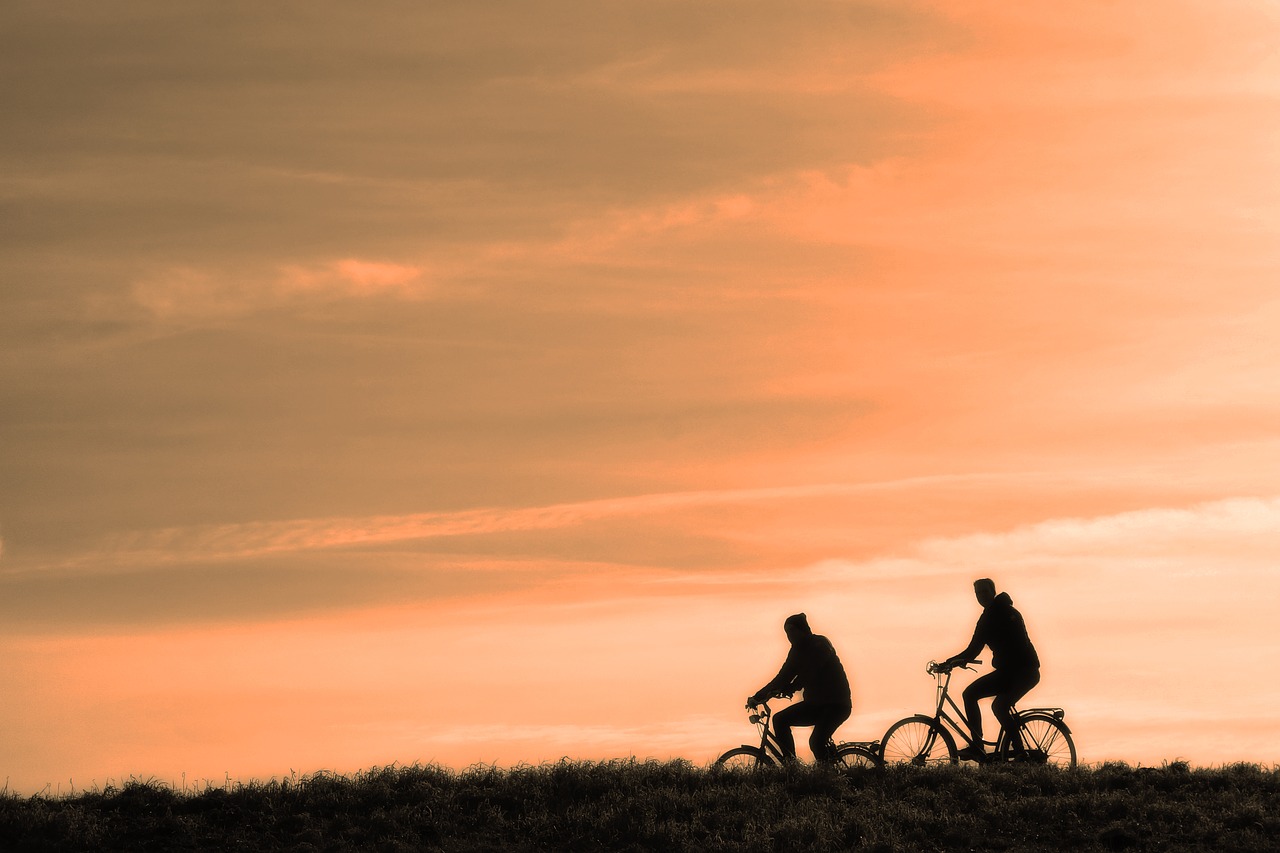
- Avoid eating heavy meals or spicy foods.
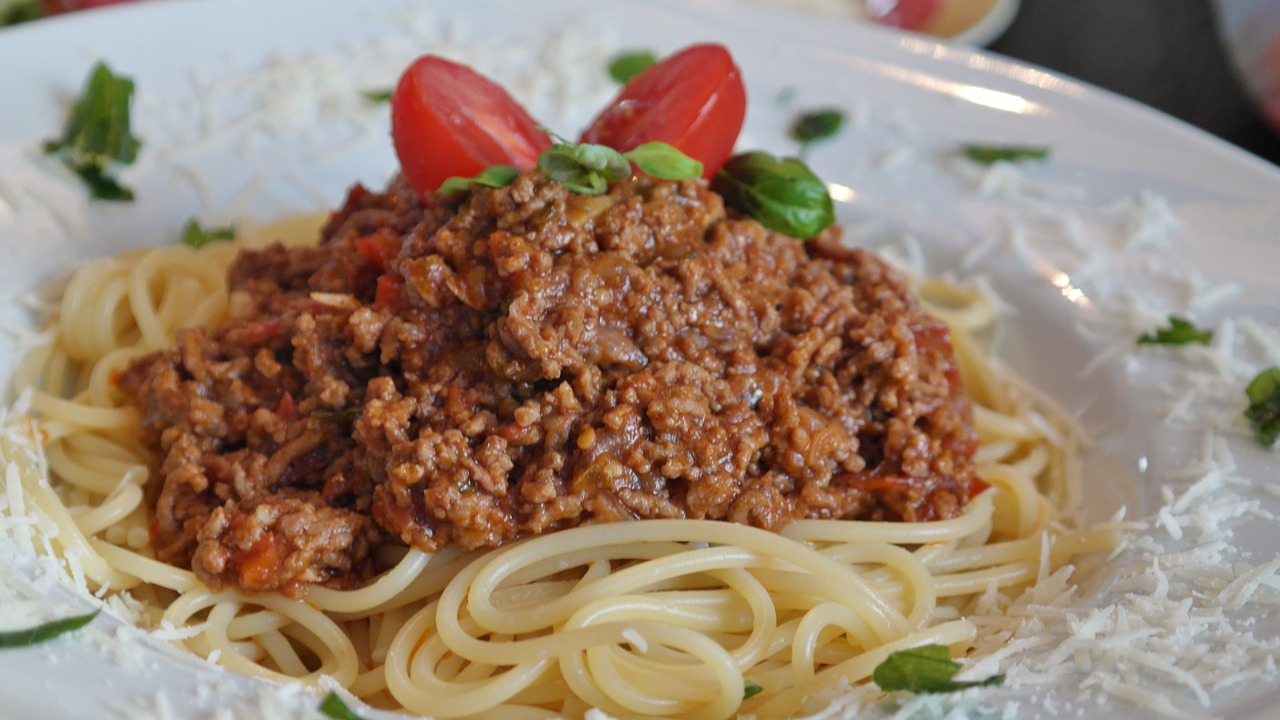
- Leave your worries outside the bedroom.

- Do not read, eat, watch TV, play games, be on the computer, or talk on the phone in bed.
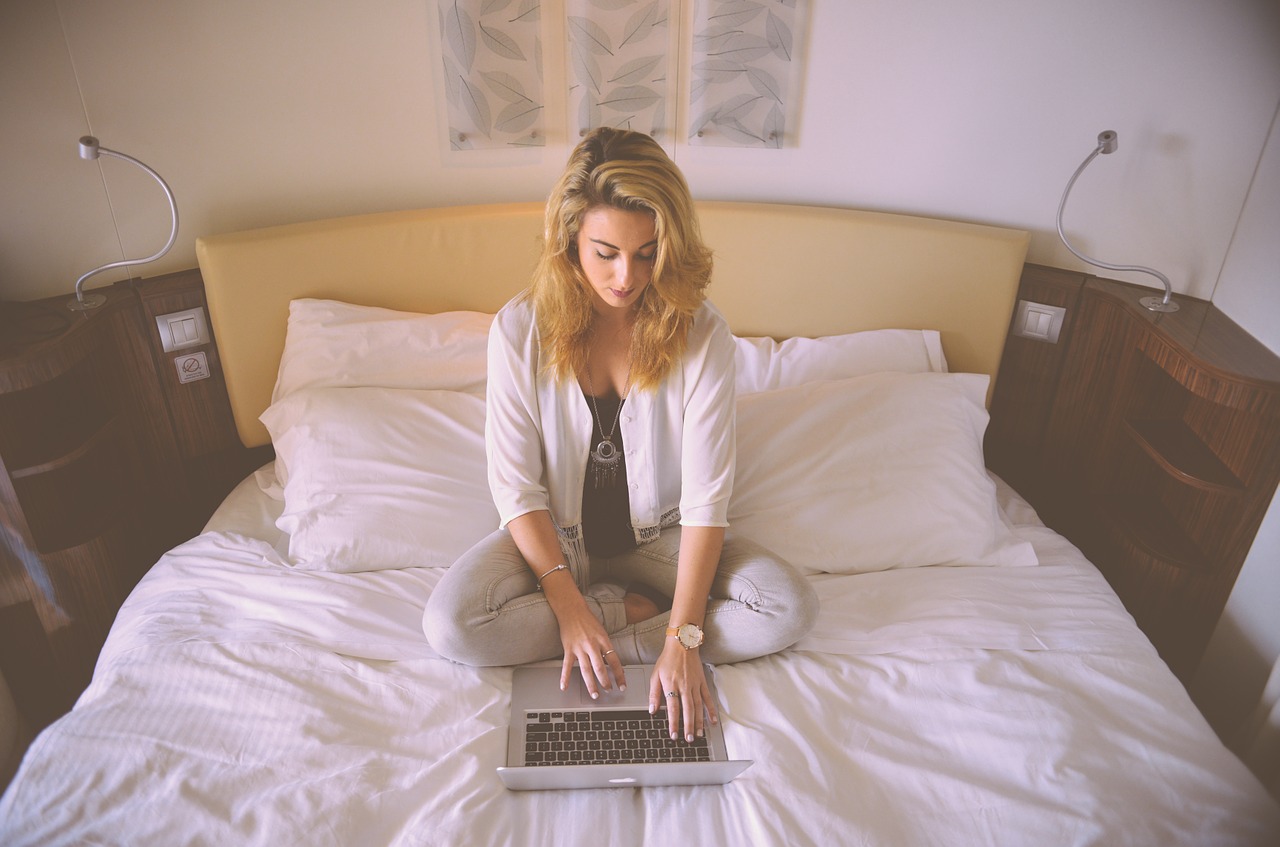
- Have a cool bedroom environment.
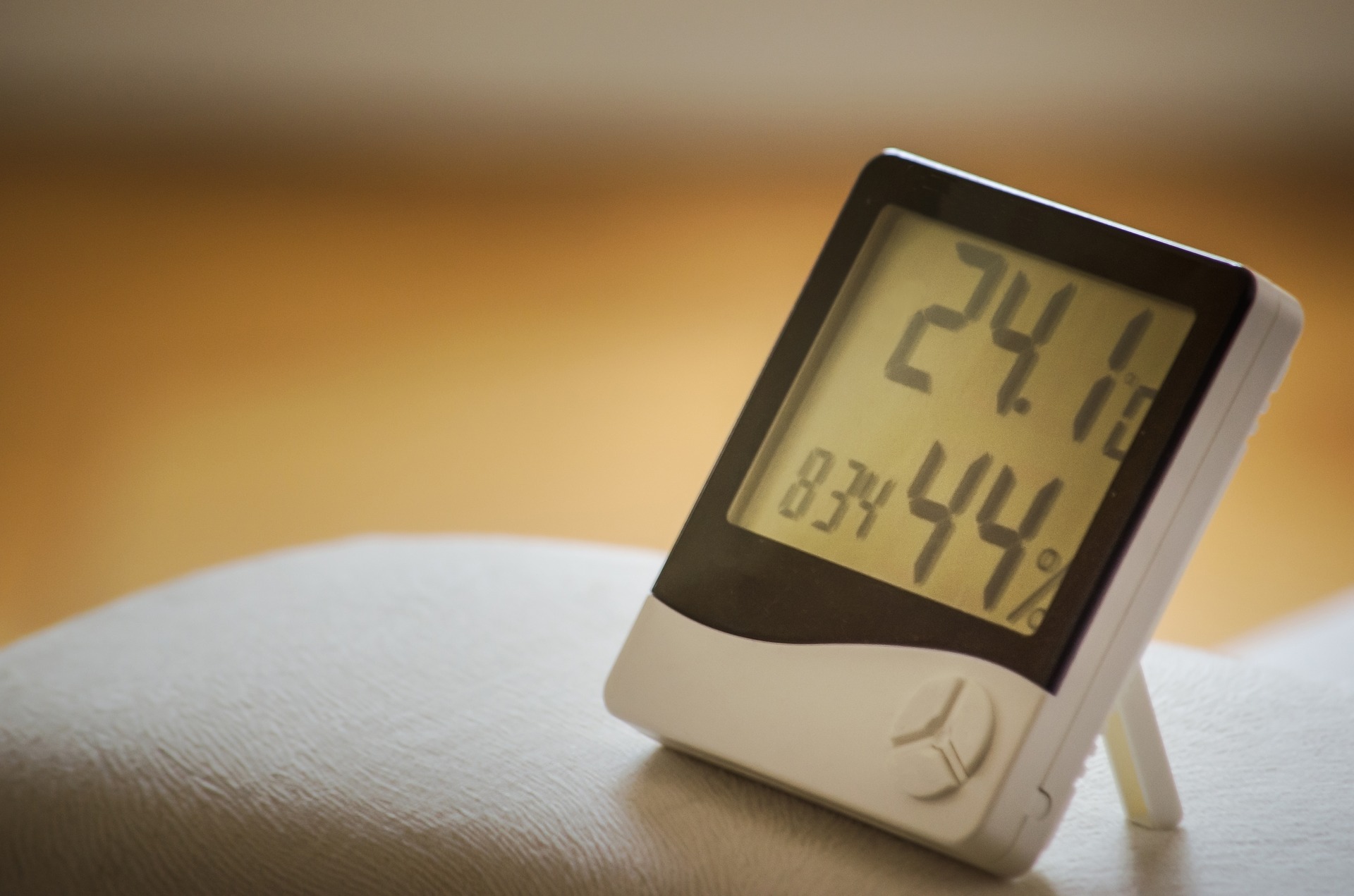
- A warm bath and drinking a glass of milk might be conducive to falling asleep.
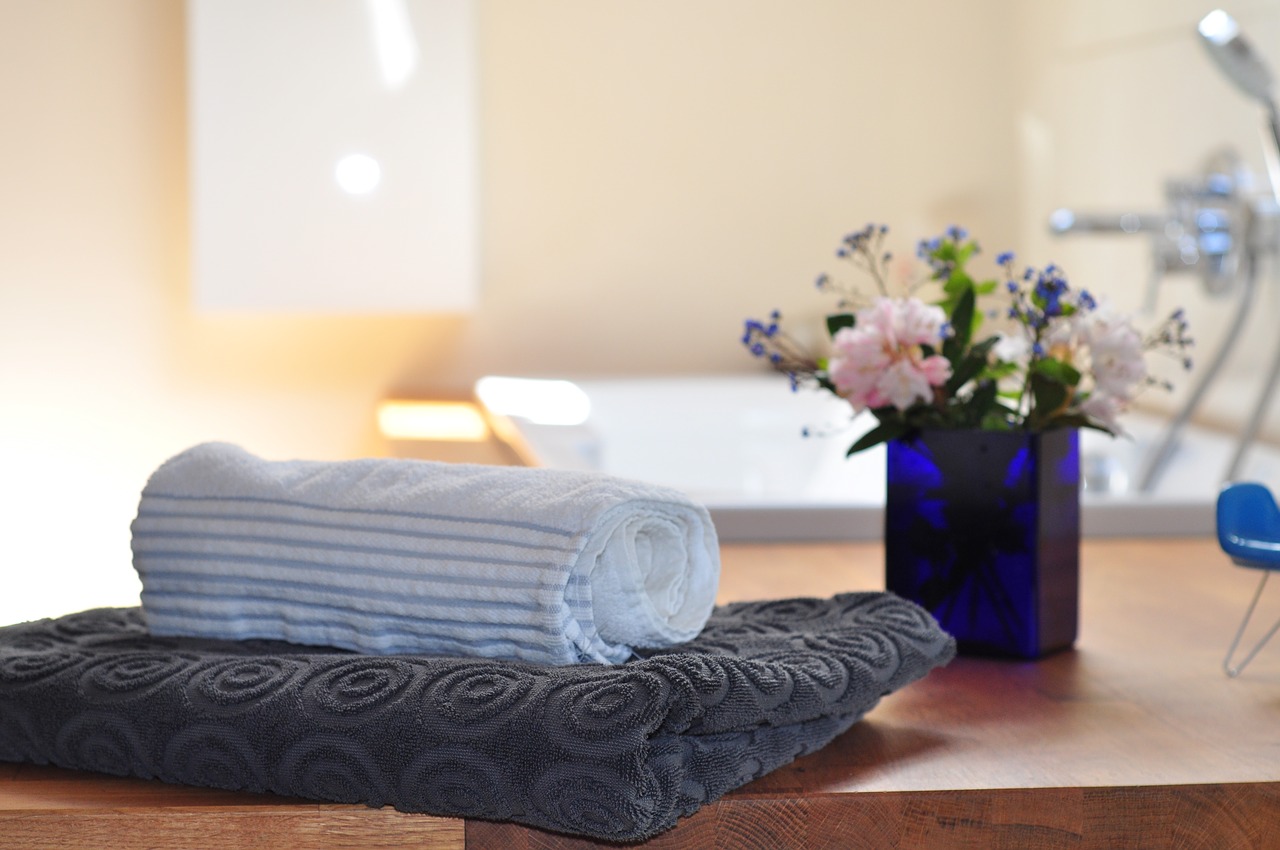
O Sleep, O Gentle Sleep
William Shakespeare said, “O Sleep, O Gentle Sleep, Natures Soft Nurse, How Have I Frightened Thee, That Thou No More Wilt Weigh my Eye-Lids Down And Steep My Senses In Forgetfulness?” Well said, Bill. As I am drinking my glass of milk and shortly thereafter hitting my head on the pillow in my nice cool room tonight for hopefully a great night of sleep, I will briefly think of you, Bill Clinton, Margaret Thatcher, Vincent Van Gogh, and Abraham Lincoln – all insomniacs who managed to do great things on little or no sleep. Maybe there is still hope for me yet. It is often said that sleep will come around when you not chasing it. Hopefully it will come around tonight. I will let you all know how it turns out.
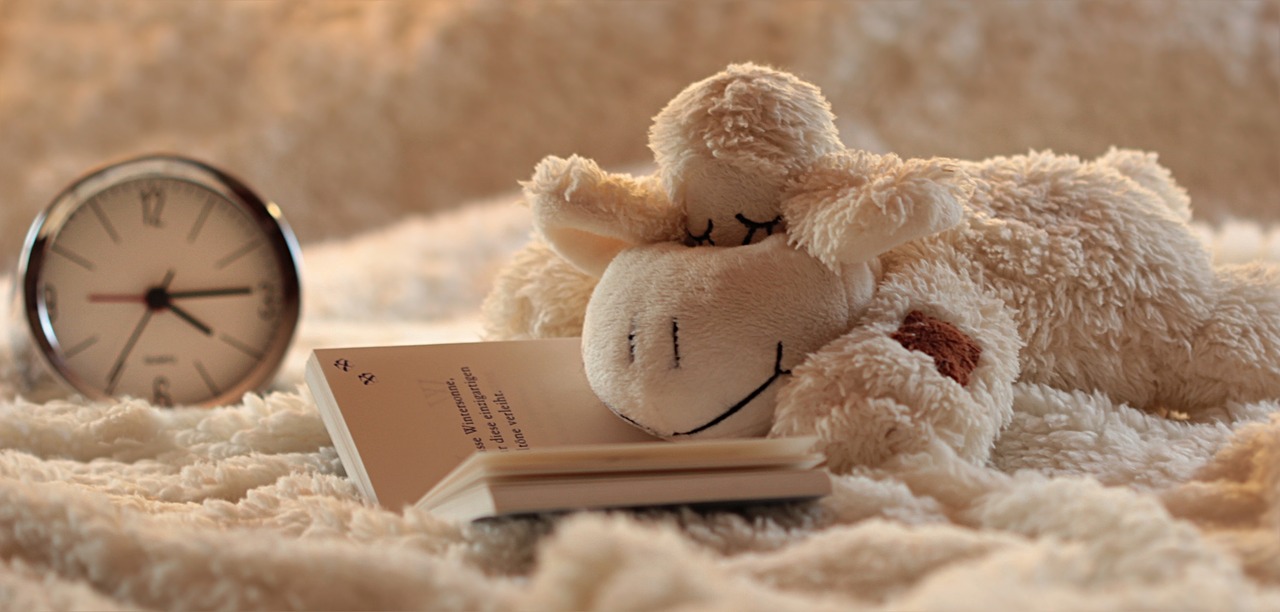
(Featured top image credit: Photo by Ian Lee is available under the Creative Commons CCO 4.0 license. There are no changes to the photo, other than cropping. To review the license, see https: creativecommons.org/licenses/by/4.0/)


